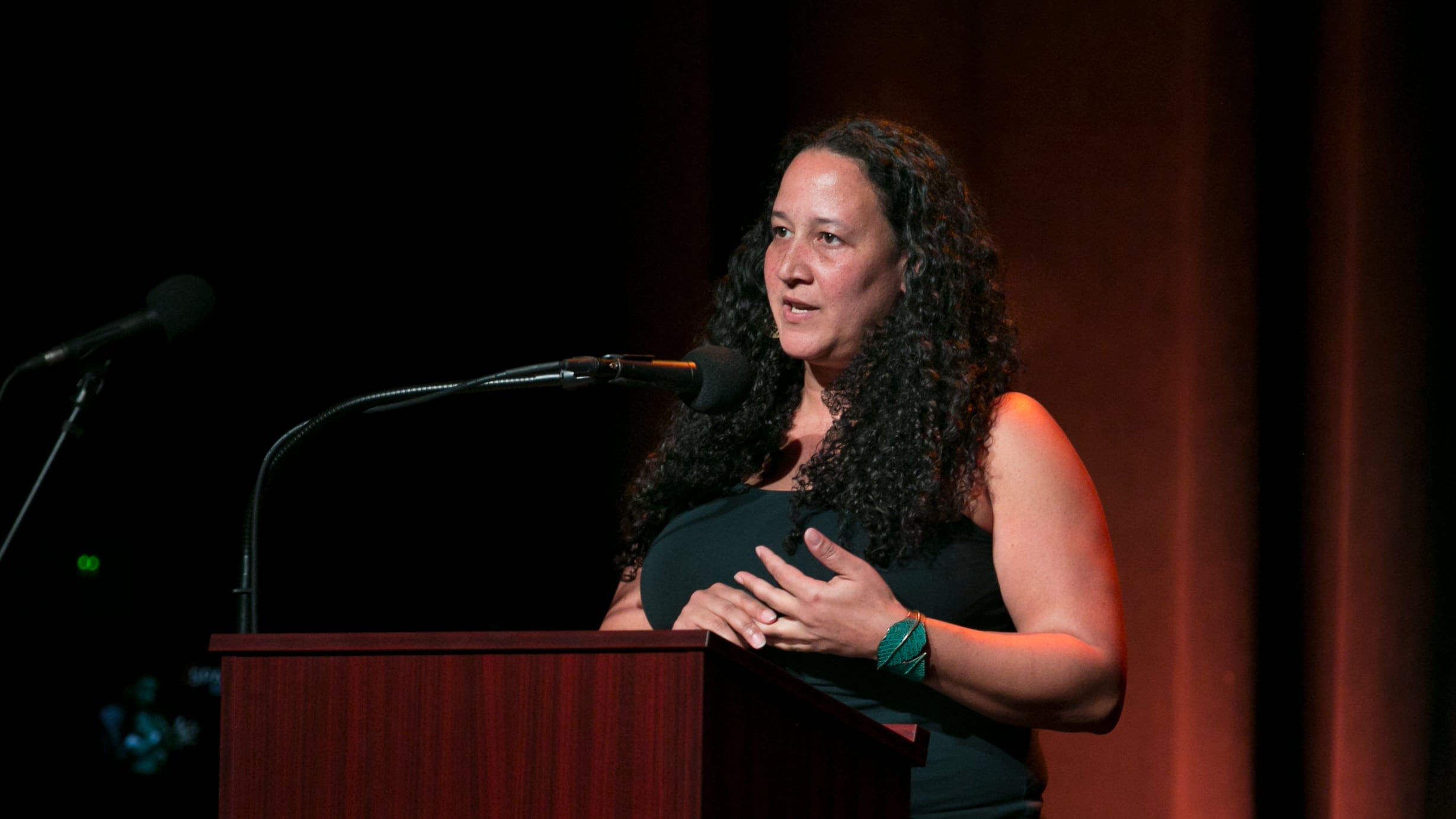Frustrated with the performance of Multnomah County’s drug-crime deflection center, Commissioner Shannon Singleton proposed a set of reforms aimed at tying it more closely to county bureaus that handle homelessness and behavioral health.
Singleton’s most immediate concern is getting deflection participants into shelter and other forms of housing. Nine in 10 people who arrive at the Coordinated Care Pathway Center are experiencing homelessness in some form, the county reported this month.
“Today Multnomah County’s deflection center operates in isolation,” Singleton said in a press release. “Because of that, we’re not seeing the outcomes that voters and lawmakers expected. When 92% of the people law enforcement take to the deflection center are experiencing homelessness, it’s common sense to link our homelessness response to our deflection efforts.”
The goal of deflection, a term that entered Oregon’s lexicon in 2024 when the Legislature recriminalized personal use of illegal drugs, means keeping people picked up for possession out of the criminal justice system and getting them into treatment. Lawmakers encouraged counties to set up deflection programs, giving them wide latitude in design.
Unlike many counties, Multnomah chose to set up a center where police could take offenders willing to give deflection a shot. It spent $3.8 million from a $25 million state grant to turn an old print warehouse on Southeast Sandy Boulevard into the Pathway Center. The state provided another $4.3 million to operate the center this year.
“While the deflection program has made significant progress at deflecting people from the criminal justice system, it has not yet maximized the opportunity to set the people being served onto a path of recovery from addiction or homelessness,” Singleton said.
It is “unconscionable” that the county hasn’t created a direct pathway into homeless services, Singleton said. Staff at the Pathway Center don’t even check to see if clients are on the county’s by-name list of all people known to be experiencing homelessness in the county, Singleton says.
“I feel like I keep asking for this and nothing is happening,” Singleton said in an interview.
The county’s own figures describe an underused resource. During its first year of operation, officers brought people picked up for drug crimes to the center 606 times. Not counting repeat visits, the center served 520 people. Using either figure, the number of visits works out to fewer than two a day for the year.
A total of 113 people who entered the center completed deflection. Completion is defined as seeking peer support, shelter, medical help, sobering services, detox, treatment for substance use disorder, mental health treatment or “insurance/basic needs.”
Among Singleton’s reforms are: providing immediate entry into county-funded clean-and-sober shelters and driving them there; requiring staff to check the by-name list and to add people who don’t appear; and allowing homeless-service outreach workers and shelter providers to refer clients to the Pathway Center.
“I hope that this gives us a path forward to better services, better outcomes for the people we serve, and cost savings,” Singleton said. “I’m looking forward to working with my colleagues over the coming months to put these reforms in place.”

